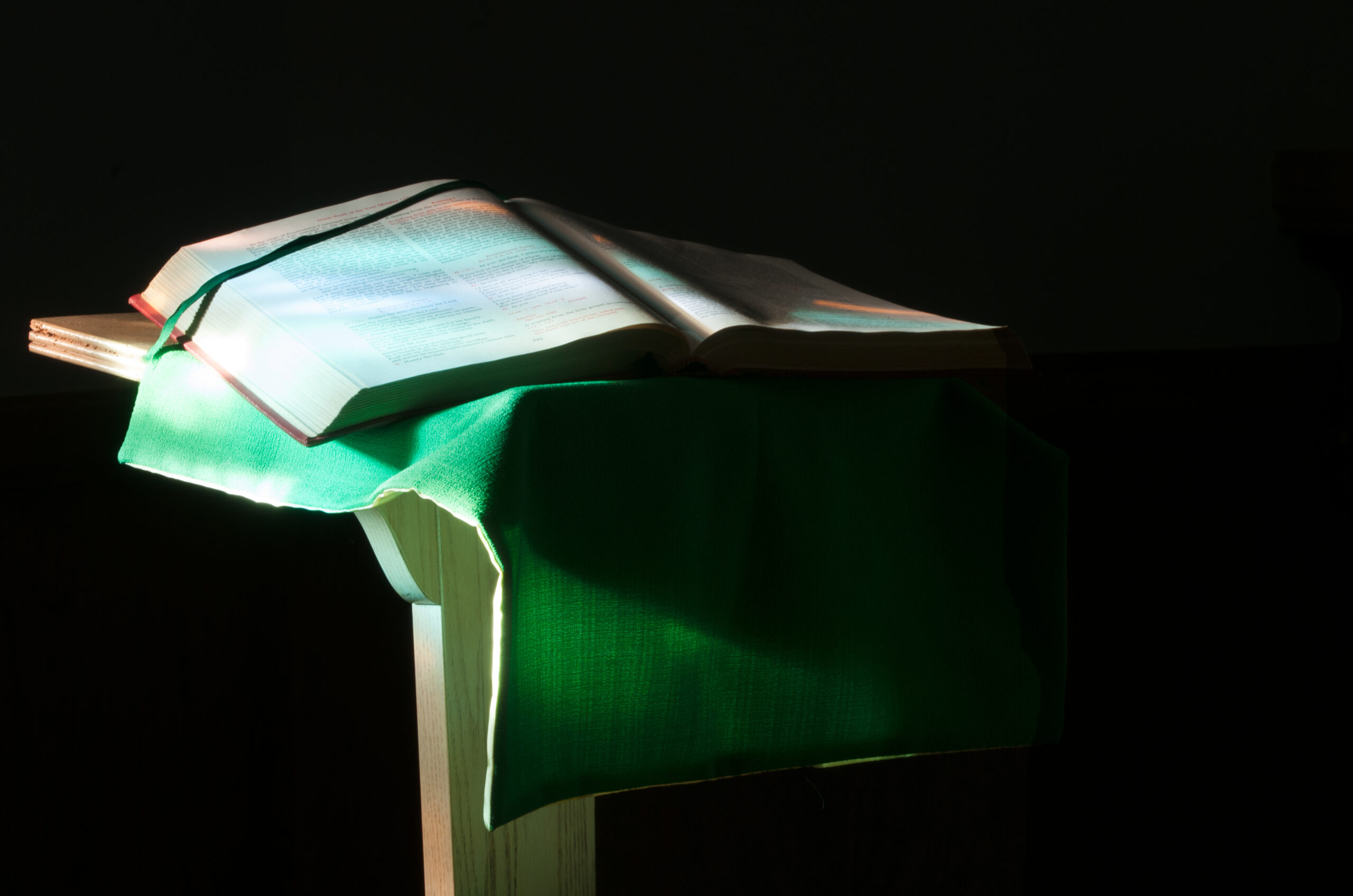As you probably know, this weekend wraps up the campaign season before state and local elections in the United States on Tuesday. But even without that backdrop, the disingenuous questioning of the Sadducees at the beginning of today’s Gospel may remind us of the dishonest ways that opponents treat each other, whether it’s setting up “Gotcha” questions in political debates and news conferences or all the other ways that we may even try to build ourselves up by making fools of our opponents.
In response, Jesus teaches us a lesson before he even teaches his lesson. He doesn’t take the bait of the ridiculous hypothetical question about seven brothers who all died married to the same woman, blah, blah, blah. He doesn’t engage it directly, much like he didn’t engage Satan in the temptation in the desert. Instead, he answers on his terms, on high ground, teaching about the God of the living and the world to come.
And that’s the thing. We can’t win, and we don’t want to win, when we’re playing the game at the same level of dishonest opponents. If you have to tear somebody down to build yourself up, you don’t deserve to win anything. Jesus said to love our enemies, but he didn’t say get in mudslinging with opponents. Respond from your God-given inner spaciousness, don’t just react to treacherous fools, don’t engage with people whose bad intentions you can perceive.
Besides, when Jesus gets to his teaching, we see we all have a mighty job to do to reflect that “God of the living,” to reflect that “to God, all are alive.” We don’t have time for stupidity and trickery when there’s plenty of the deceased to keep alive with our prayers and thoughts, when there are plenty of forgotten and marginalized and vulnerable who need to know God is alive for them through our care, when we’ve got a living but sickly planet Earth that needs help. Through our radical all-encompassing embrace of life, we have the power – and the duty – to reflect our awesome God of the living.

